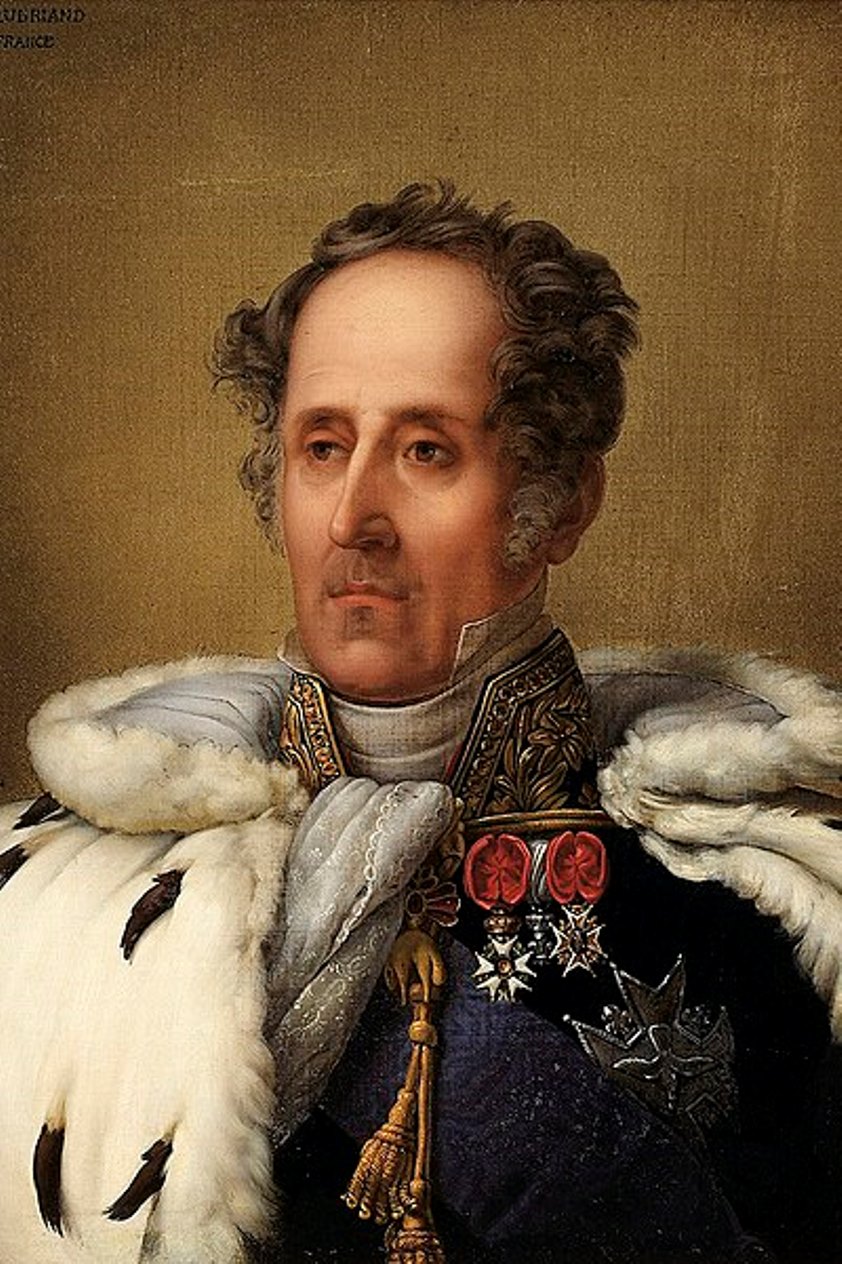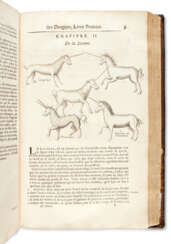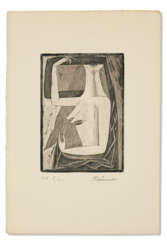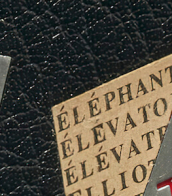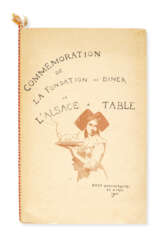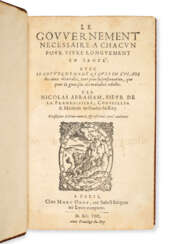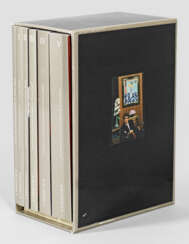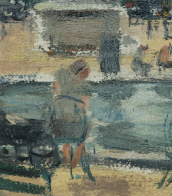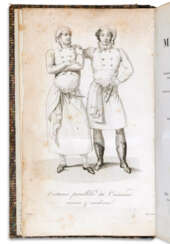livres anciens
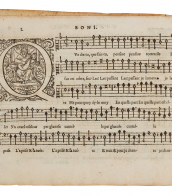

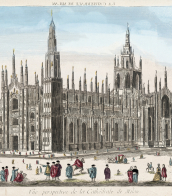
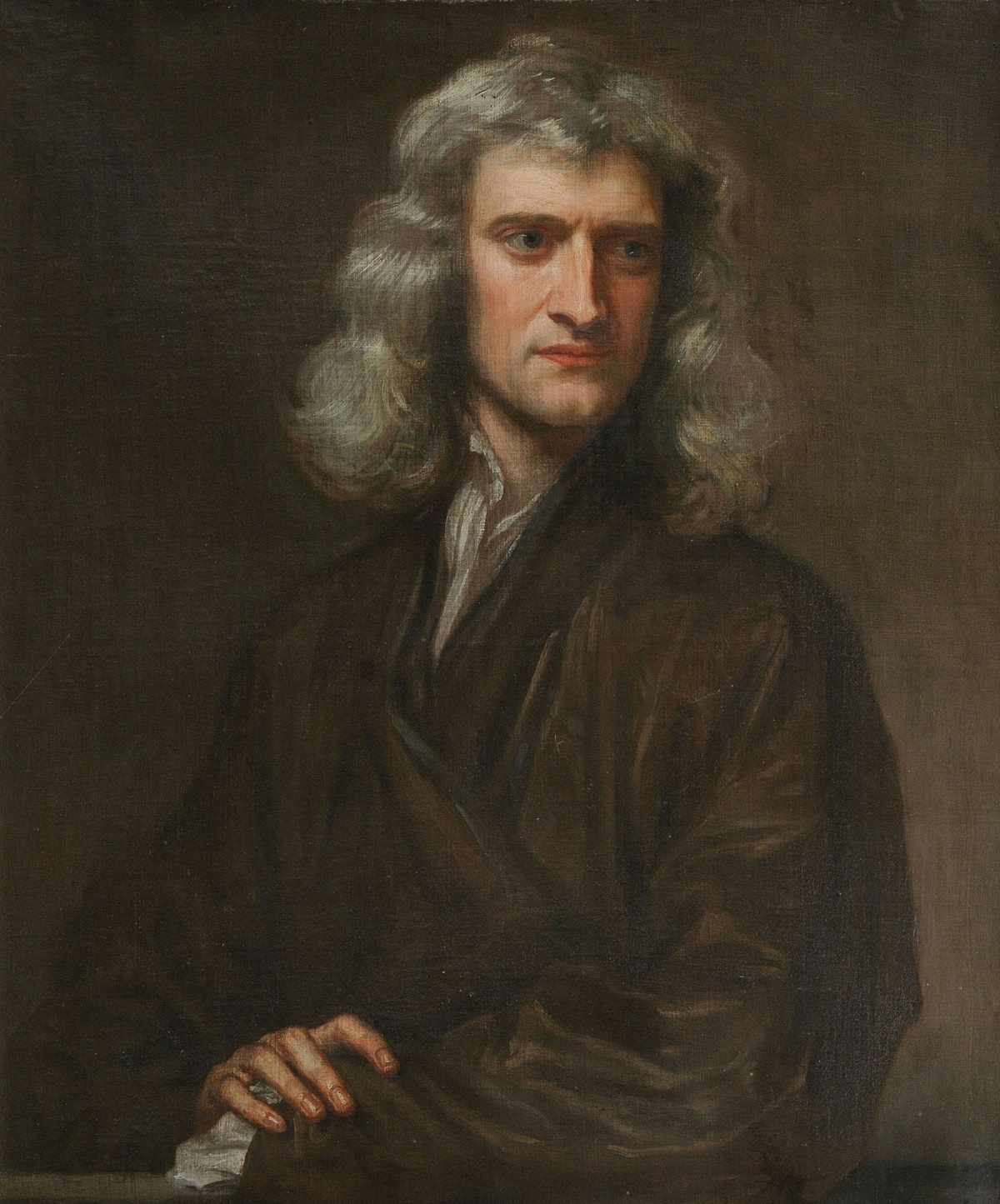
Isaac Newton was an English mathematician, physicist, astronomer, alchemist, theologian, and author (described in his time as a "natural philosopher"), widely recognised as one of the greatest mathematicians and physicists and among the most influential scientists of all time. He was a key figure in the philosophical revolution known as the Enlightenment. His book Philosophiæ Naturalis Principia Mathematica (Mathematical Principles of Natural Philosophy), first published in 1687, established classical mechanics. Newton also made seminal contributions to optics, and shares credit with German mathematician Gottfried Wilhelm Leibniz for developing infinitesimal calculus.
In the Principia, Newton formulated the laws of motion and universal gravitation that formed the dominant scientific viewpoint until it was superseded by the theory of relativity. Newton used his mathematical description of gravity to derive Kepler's laws of planetary motion, account for tides, the trajectories of comets, the precession of the equinoxes and other phenomena, eradicating doubt about the Solar System's heliocentricity. He demonstrated that the motion of objects on Earth and celestial bodies could be accounted for by the same principles. Newton's inference that the Earth is an oblate spheroid was later confirmed by the geodetic measurements of Maupertuis, La Condamine, and others, convincing most European scientists of the superiority of Newtonian mechanics over earlier systems.
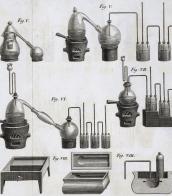
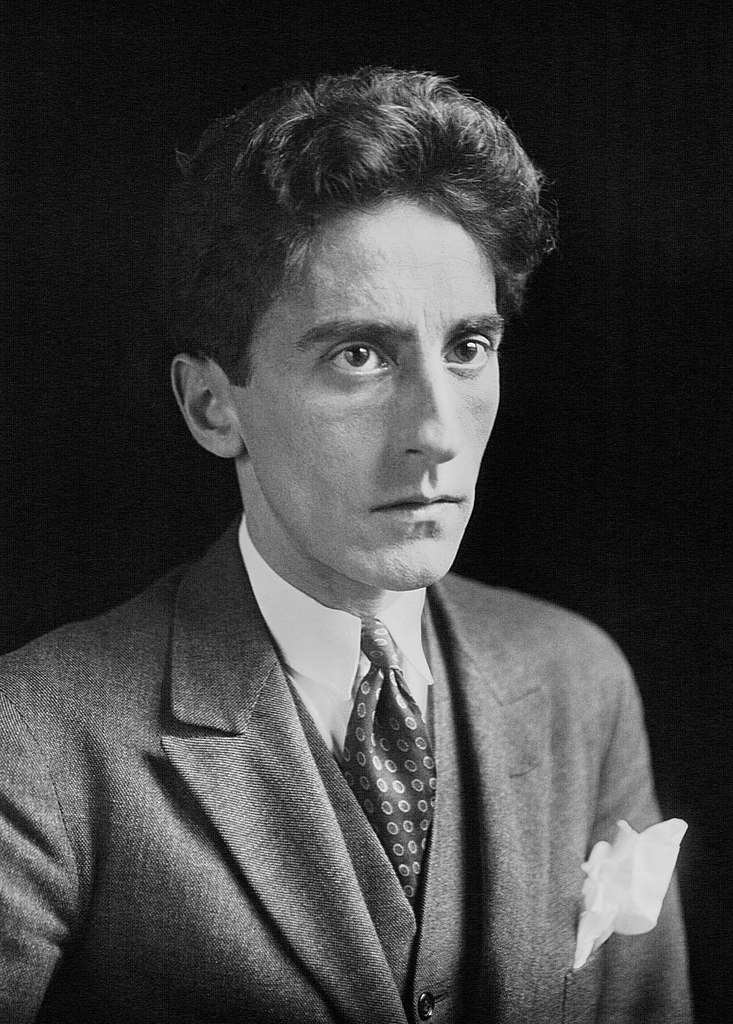
Jean Maurice Eugène Clément Cocteau was a French poet, playwright, novelist, designer, filmmaker, visual artist and critic. He was one of the foremost creatives of the surrealist, avant-garde, and Dadaist movements; and one of the most influential figures in early 20th-century art as a whole. The National Observer suggested that, “of the artistic generation whose daring gave birth to Twentieth Century Art, Cocteau came closest to being a Renaissance man.”
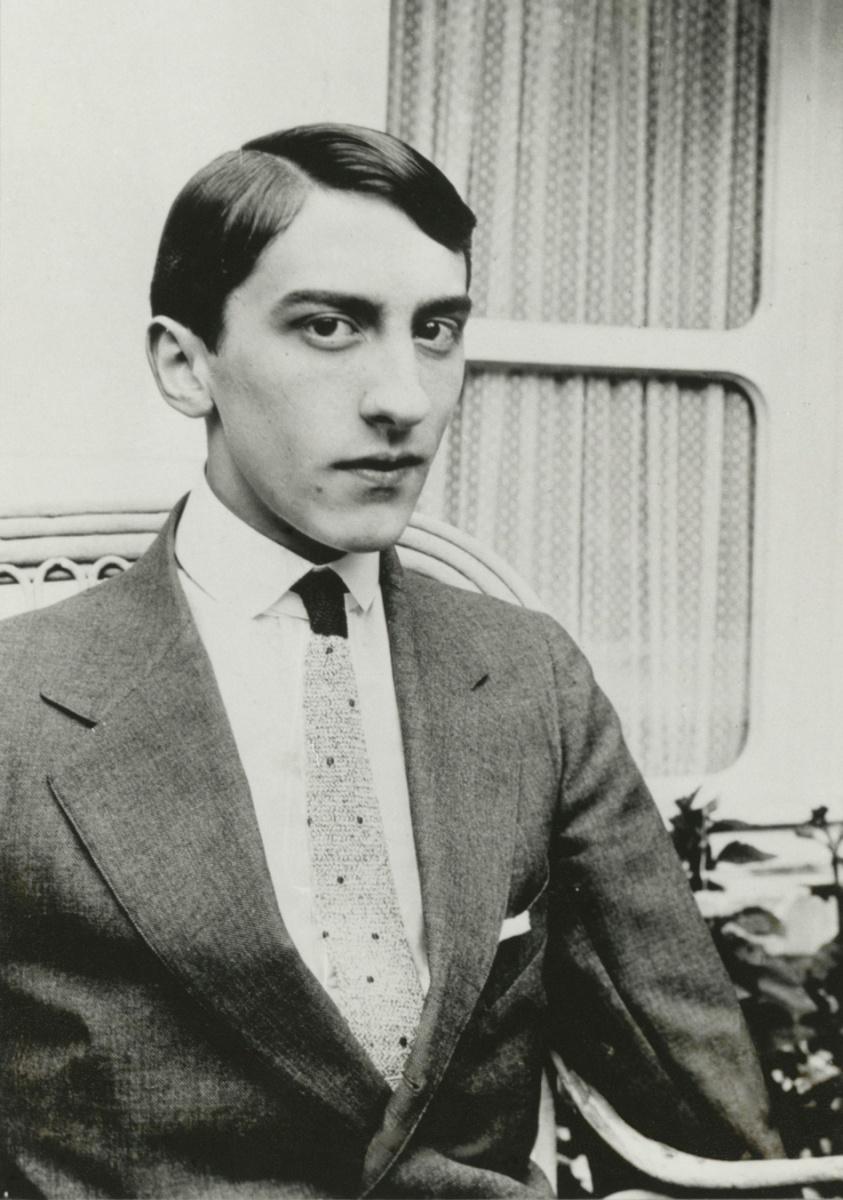
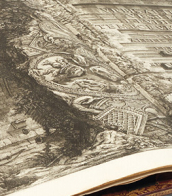
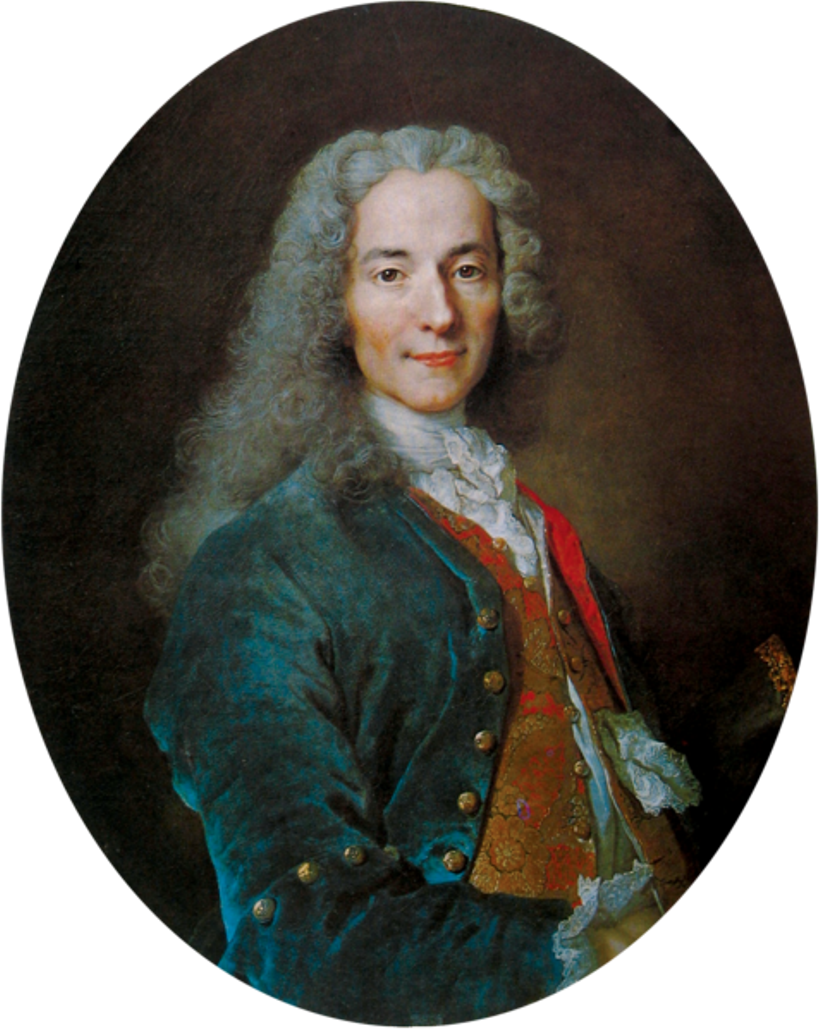
Voltaire, born François Marie Arouet, was a French philosopher-enlightener of the French Enlightenment, poet and writer, satirist, tragedian, historian and essayist.
Voltaire's long life fell on the last years of classicism and the eve of the revolutionary era, and in this transitional period his works and activities had a significant impact on the direction of European civilization. Through his critical freethinking and wit, Voltaire won the minds of many 18th century European rulers. To this day, he continues to enjoy worldwide fame as a courageous fighter against tyranny, bigotry, and cruelty.
Voltaire was an advocate of freedom of speech, freedom of religion and separation of church and state. He was a versatile and prolific writer in all literary forms, including plays, poems, novels, essays, histories, and scholarly expositions. In total, he wrote more than 20,000 letters and 2,000 books and pamphlets. Voltaire's most famous works are the tragic play Zaire, the historical study The Age of Louis XIV, and the satirical novella Candide.
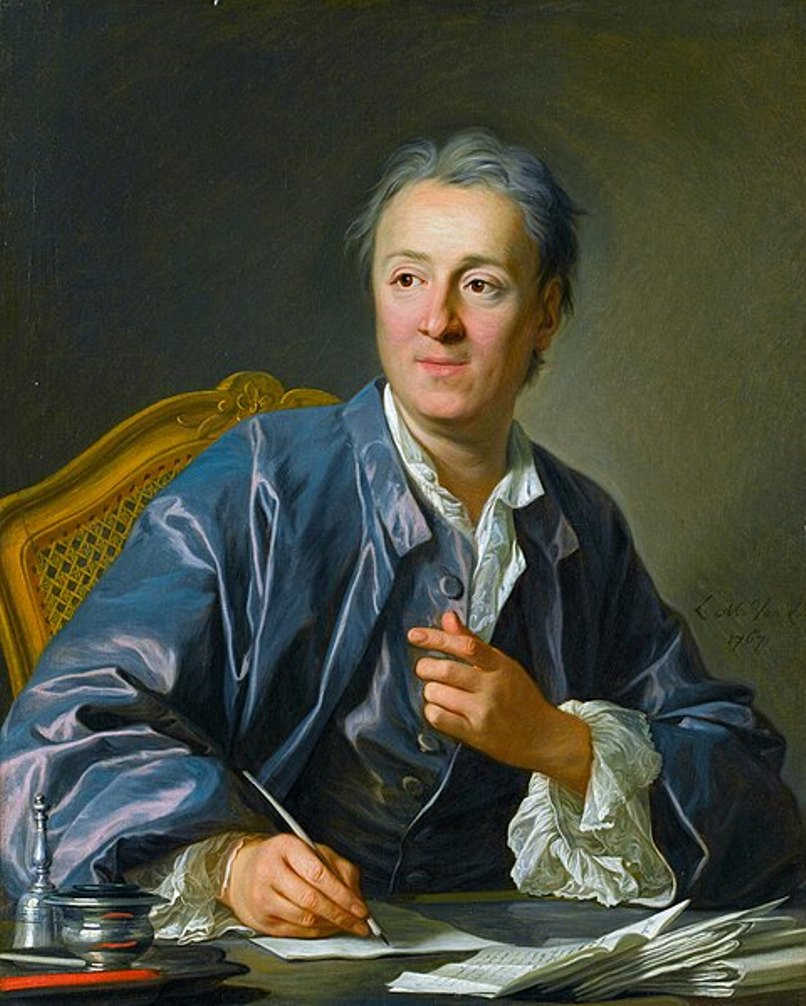
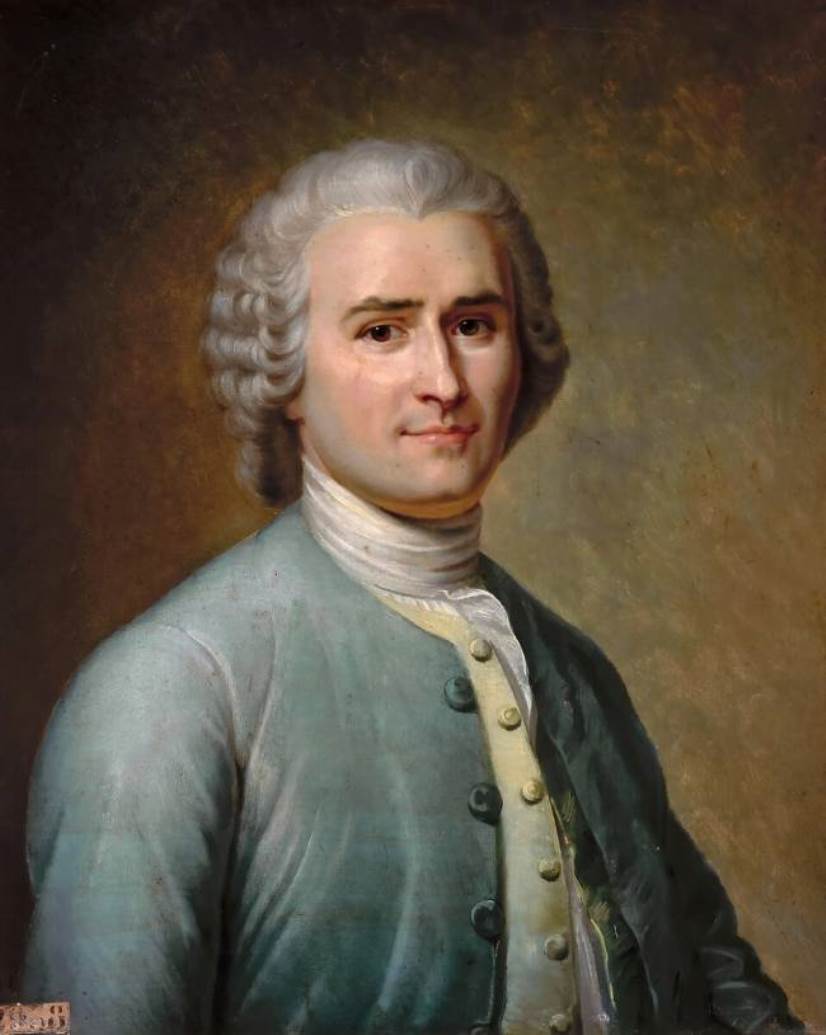
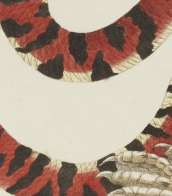


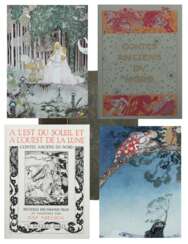





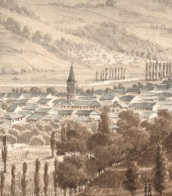
![[MARIE-ANTOINETTE, REINE DE FRANCE (1755-1793] et Jacob Nicolas MOREAU (1717-1803)](/assets/image/picture_2500910/8ea5e/656ebc93f40ea59709c886aded9229e81667984400jpg__fix_374_244.jpeg)
![[MARIE-ANTOINETTE, REINE DE FRANCE (1755-1793] et Jacob Nicolas MOREAU (1717-1803)](https://veryimportantlot.com/assets/image/picture_2500910/8ea5e/656ebc93f40ea59709c886aded9229e81667984400jpg__fix_374_244.jpeg)
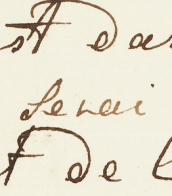
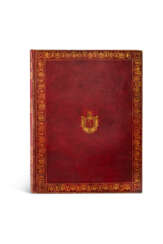

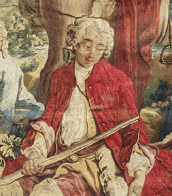




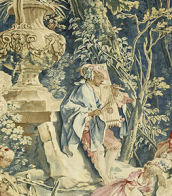


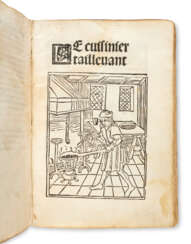

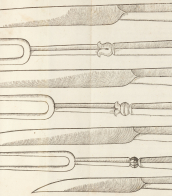
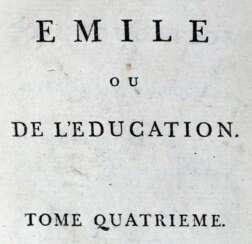

![[LE VIEIL, Pierre]](/assets/image/picture_1431280/31a39/baec1dfb6ef01f7e6238f6d24ce959031620043200jpg__fix_374_244.jpeg)
![[LE VIEIL, Pierre]](https://veryimportantlot.com/assets/image/picture_1431280/31a39/baec1dfb6ef01f7e6238f6d24ce959031620043200jpg__fix_374_244.jpeg)
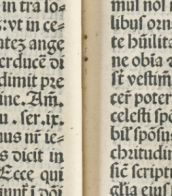
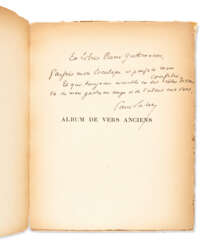

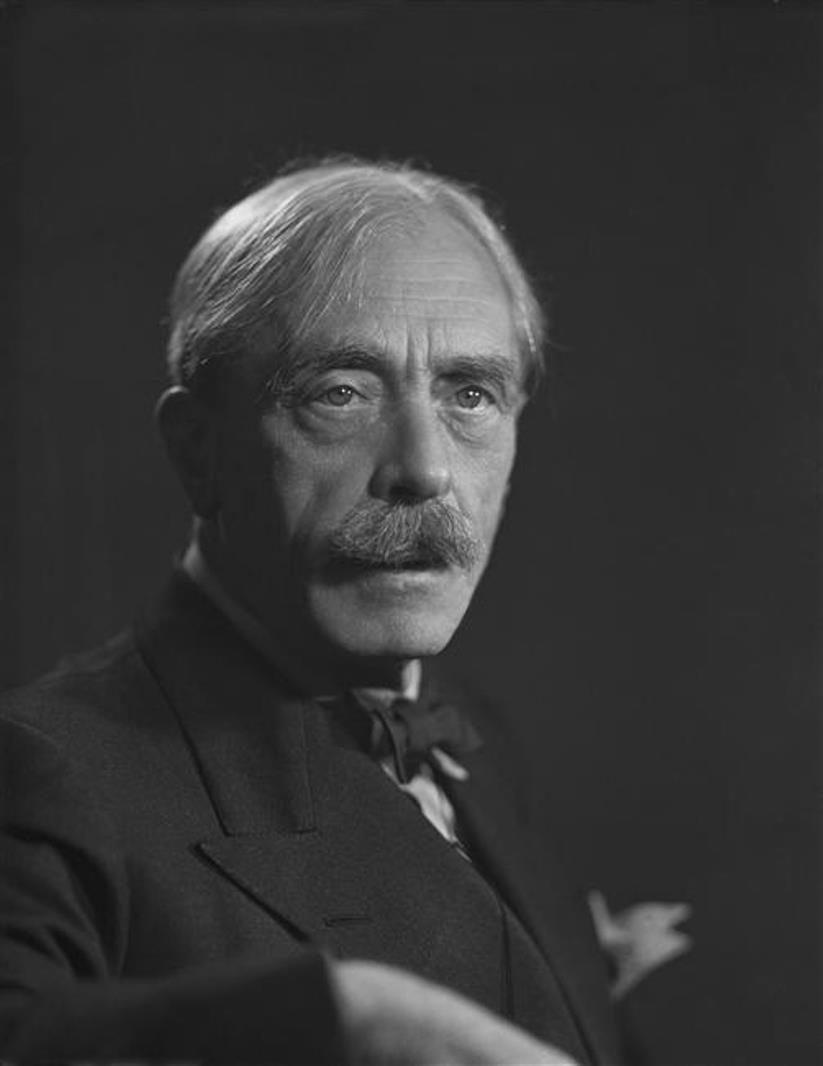
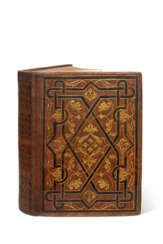



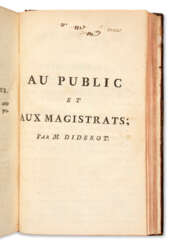

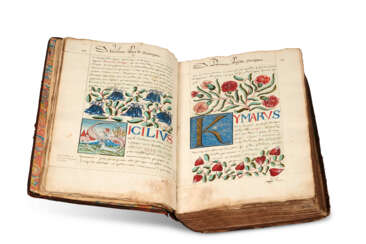


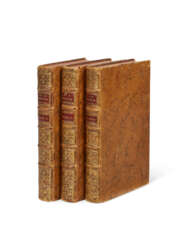

![[BOURBON, Louis-Auguste de, prince de Dombes (1700-1755)].](/assets/image/picture_2735088/7cbdc/6b99a30113826137fc325bf99f8c19831679526000jpg__fix_374_244.jpeg)
![[BOURBON, Louis-Auguste de, prince de Dombes (1700-1755)].](https://veryimportantlot.com/assets/image/picture_2735088/7cbdc/6b99a30113826137fc325bf99f8c19831679526000jpg__fix_374_244.jpeg)
![[RÉVOLUTION FRANÇAISE]](/assets/image/picture_4257876/11479/a7b34c0ab5a06d35e950bed7b78512141729065600jpg__fix_374_244.jpeg)
![[RÉVOLUTION FRANÇAISE]](https://veryimportantlot.com/assets/image/picture_4257876/11479/a7b34c0ab5a06d35e950bed7b78512141729065600jpg__fix_374_244.jpeg)




